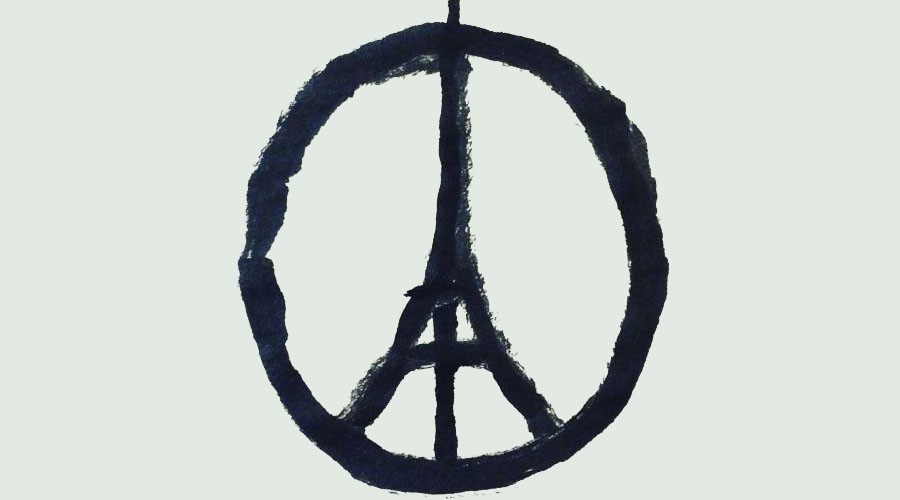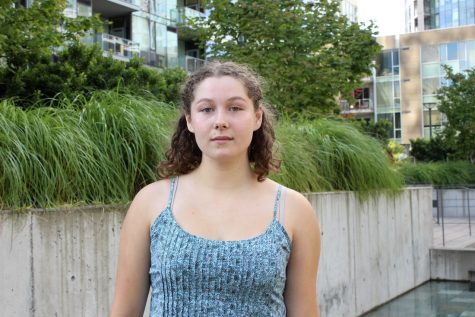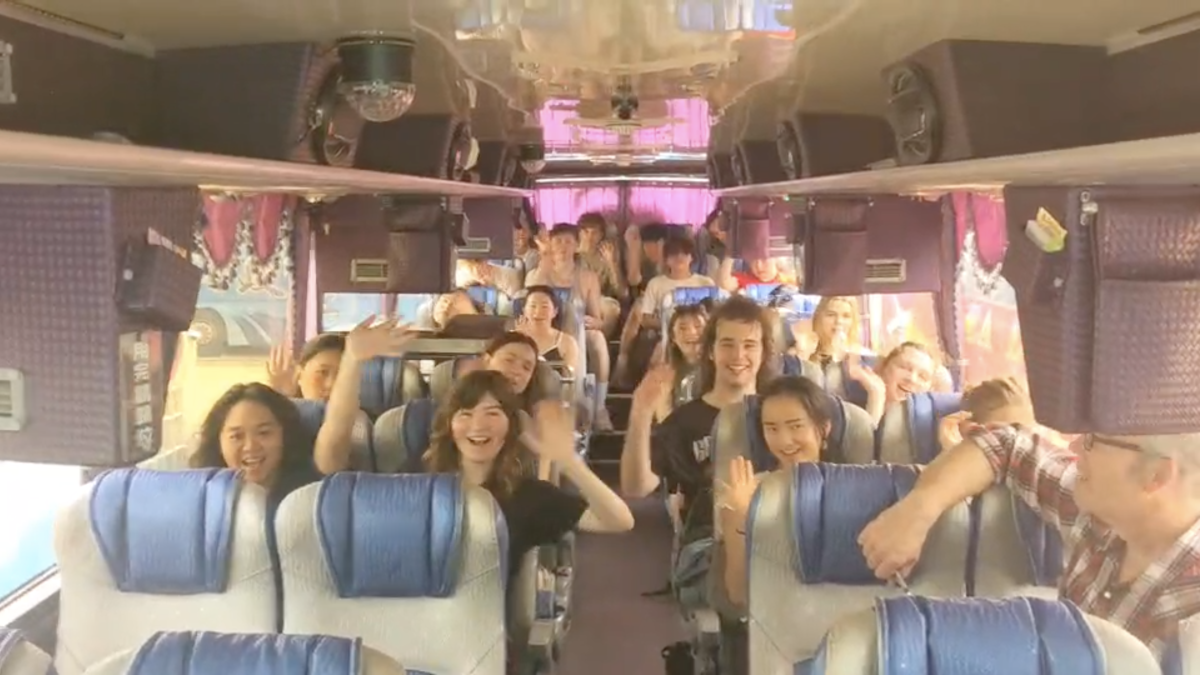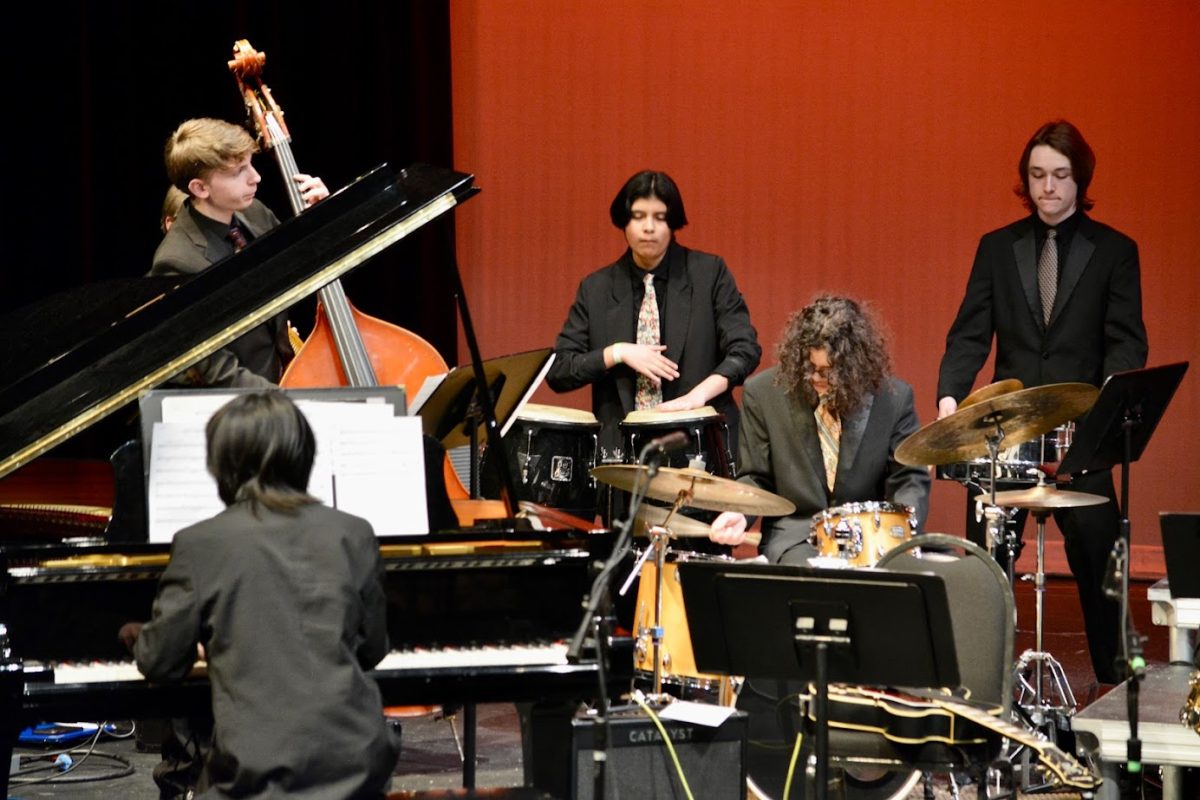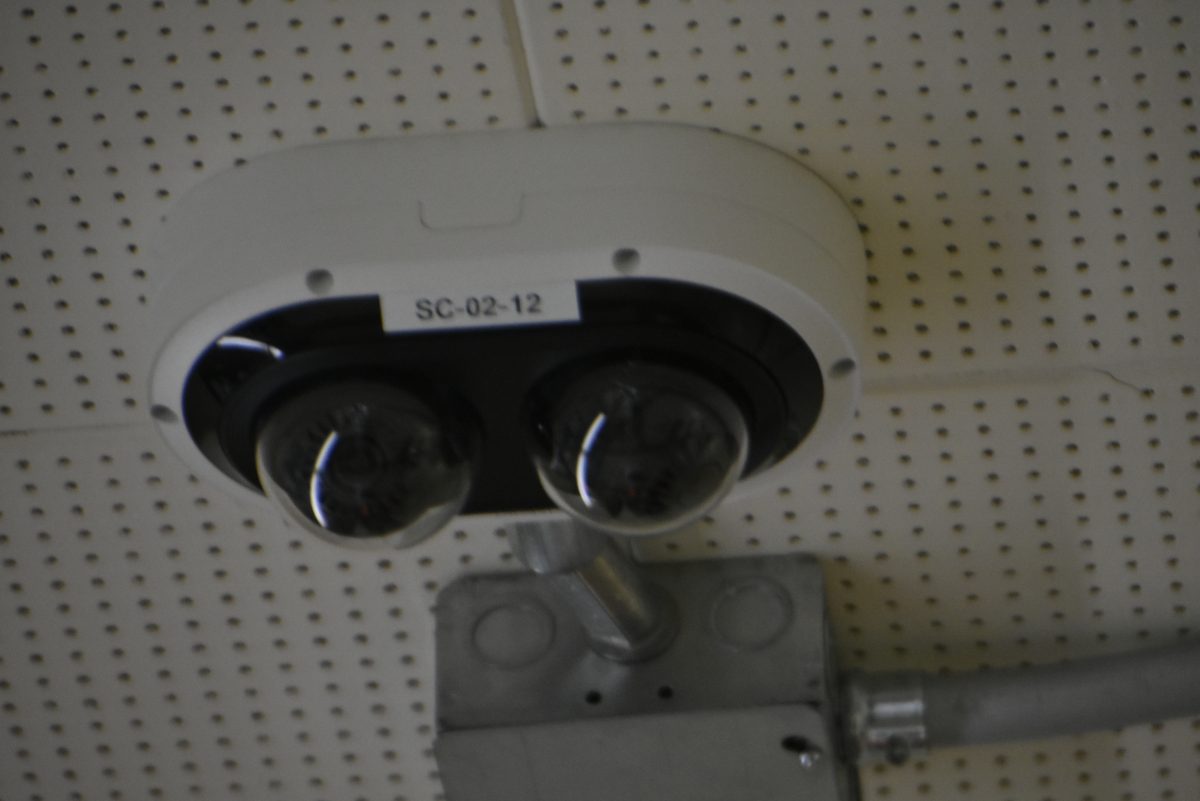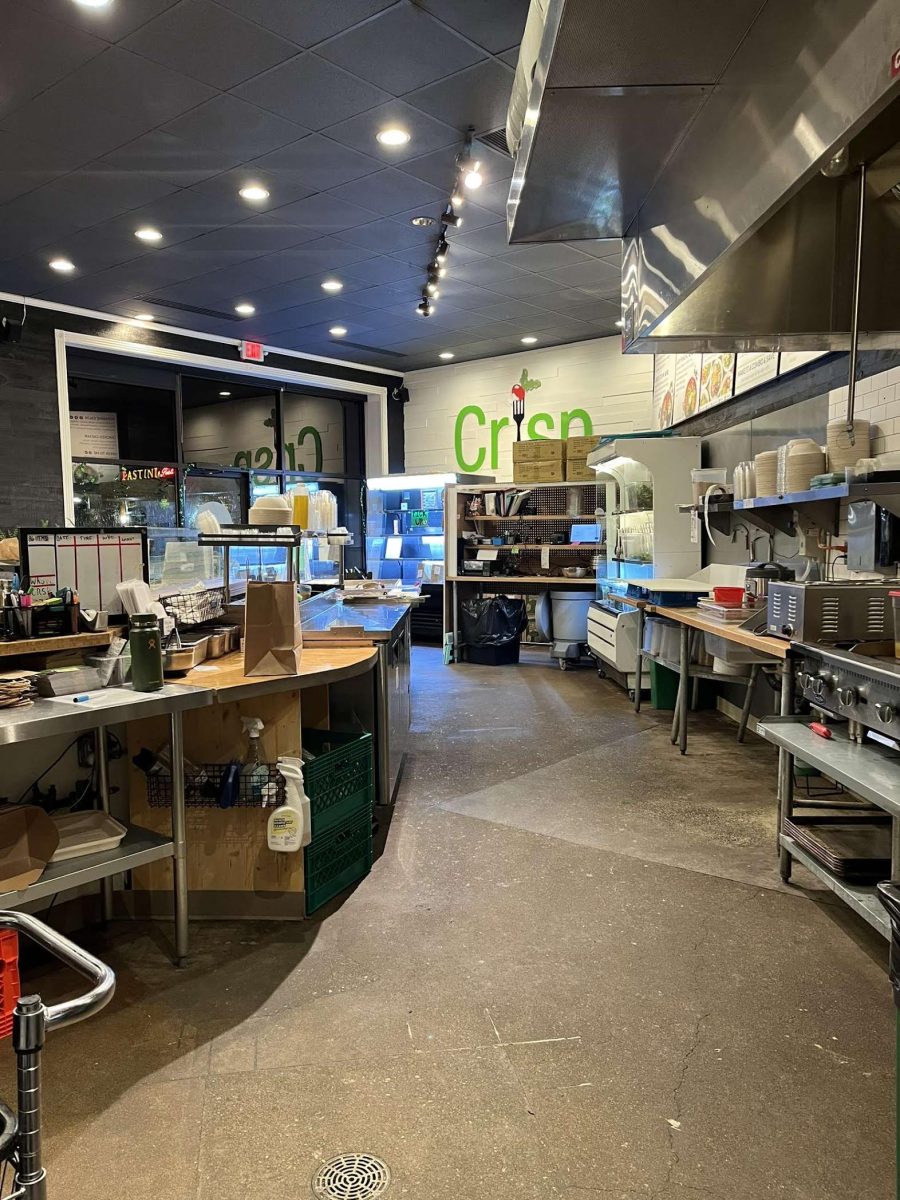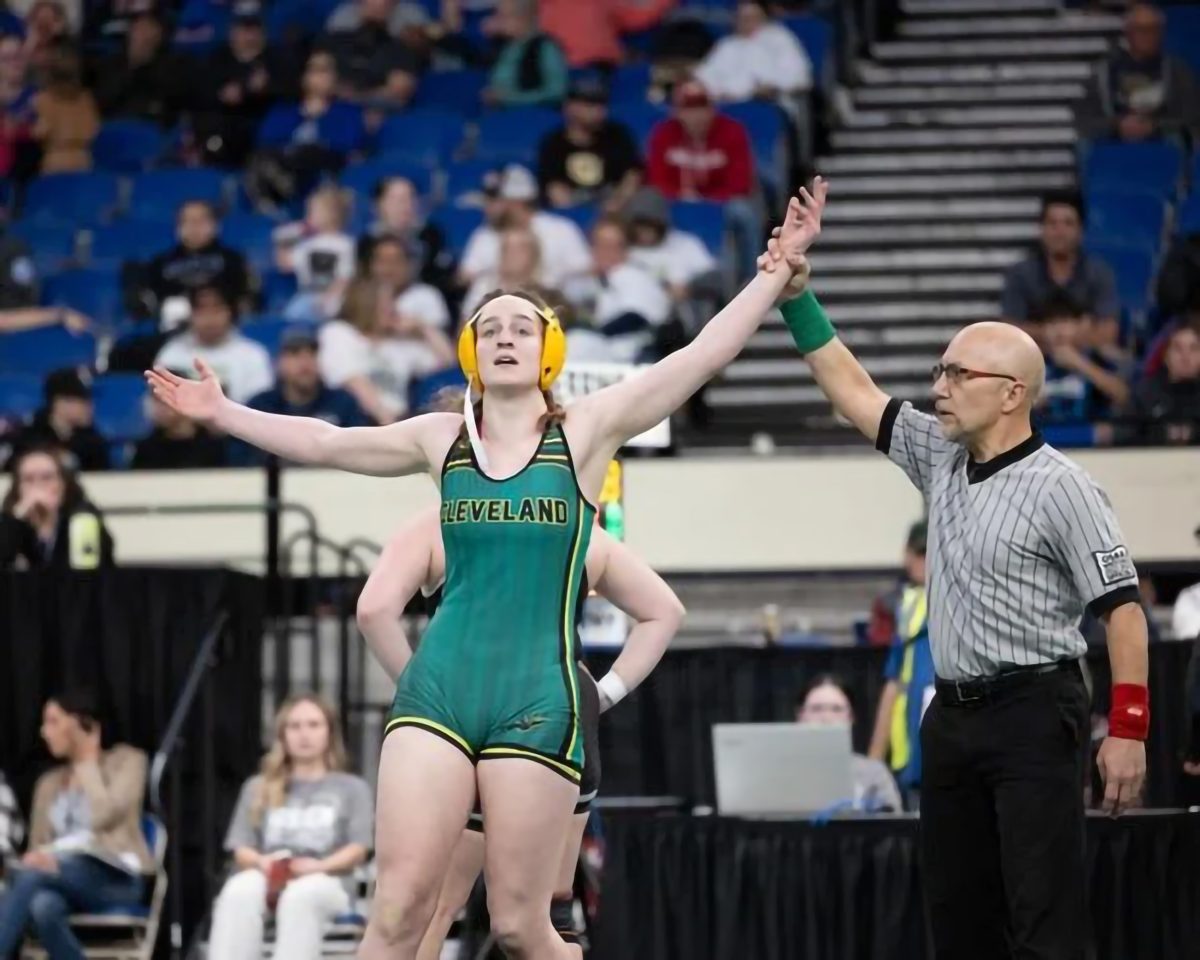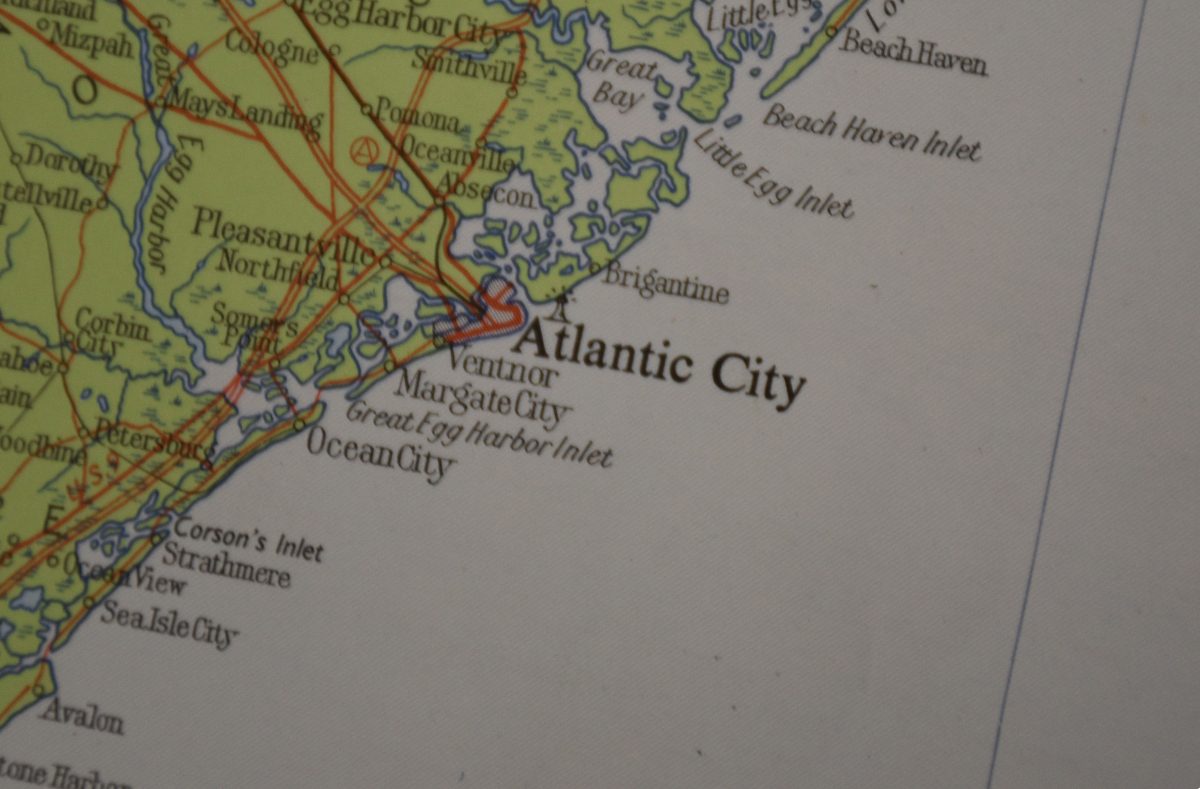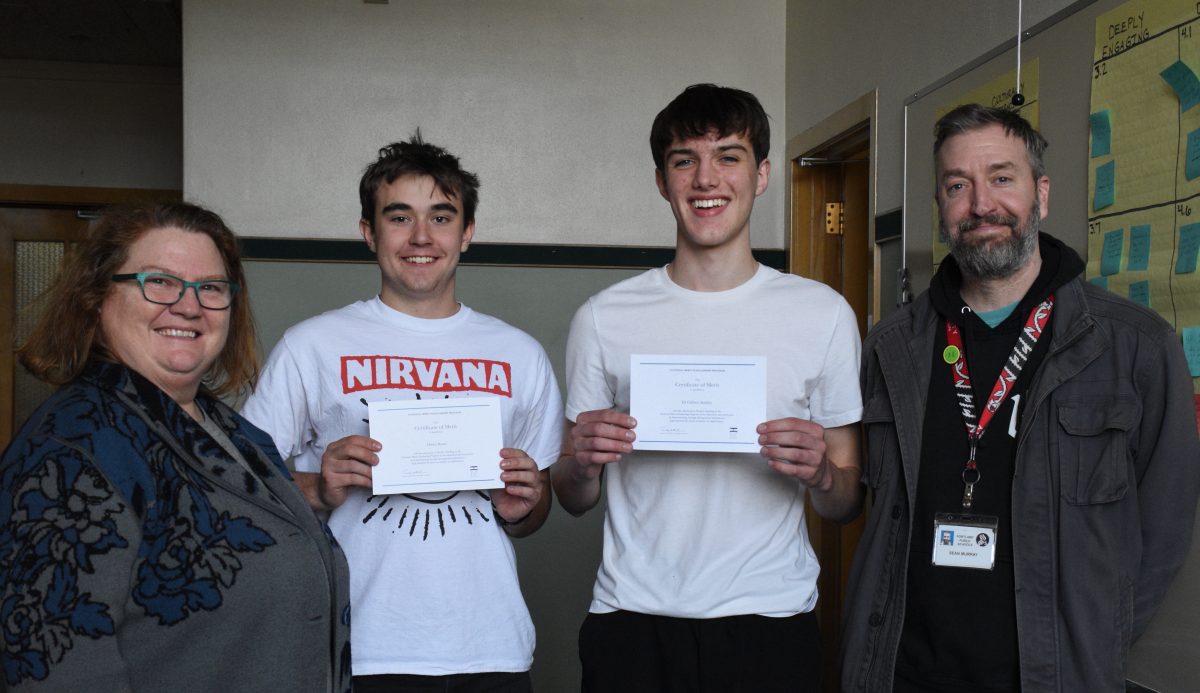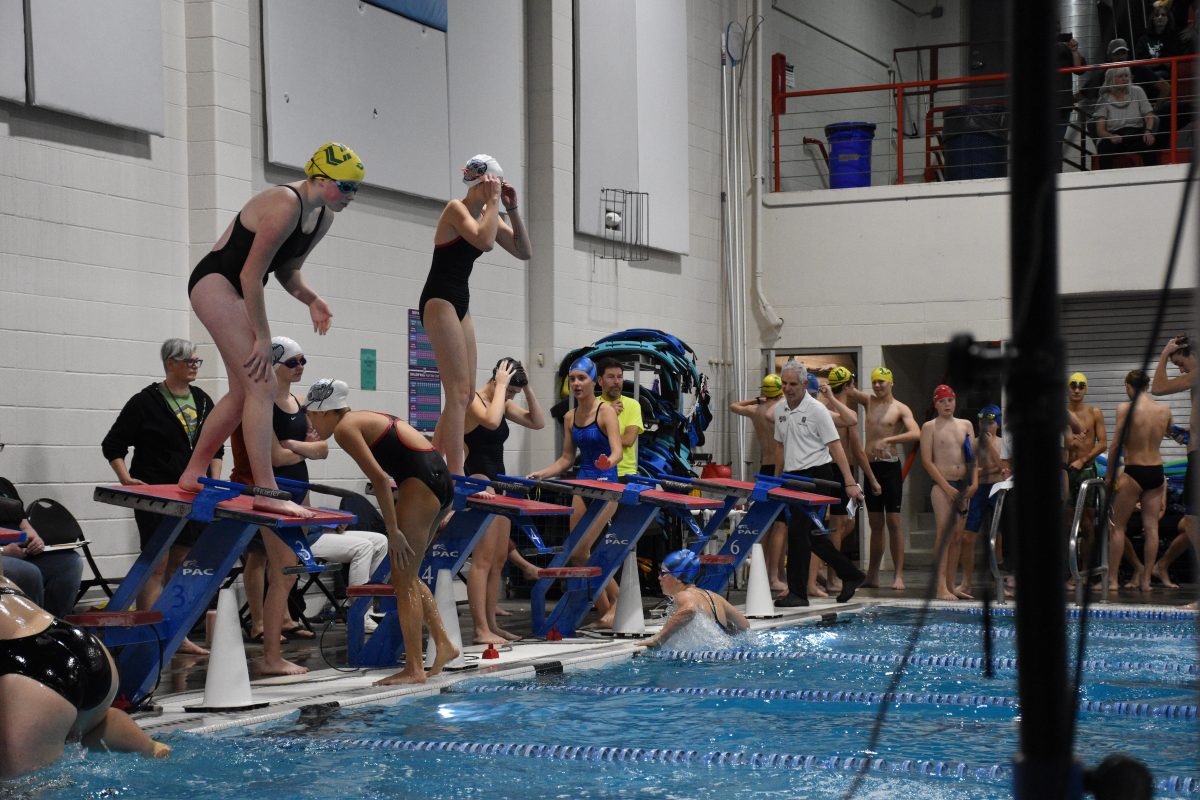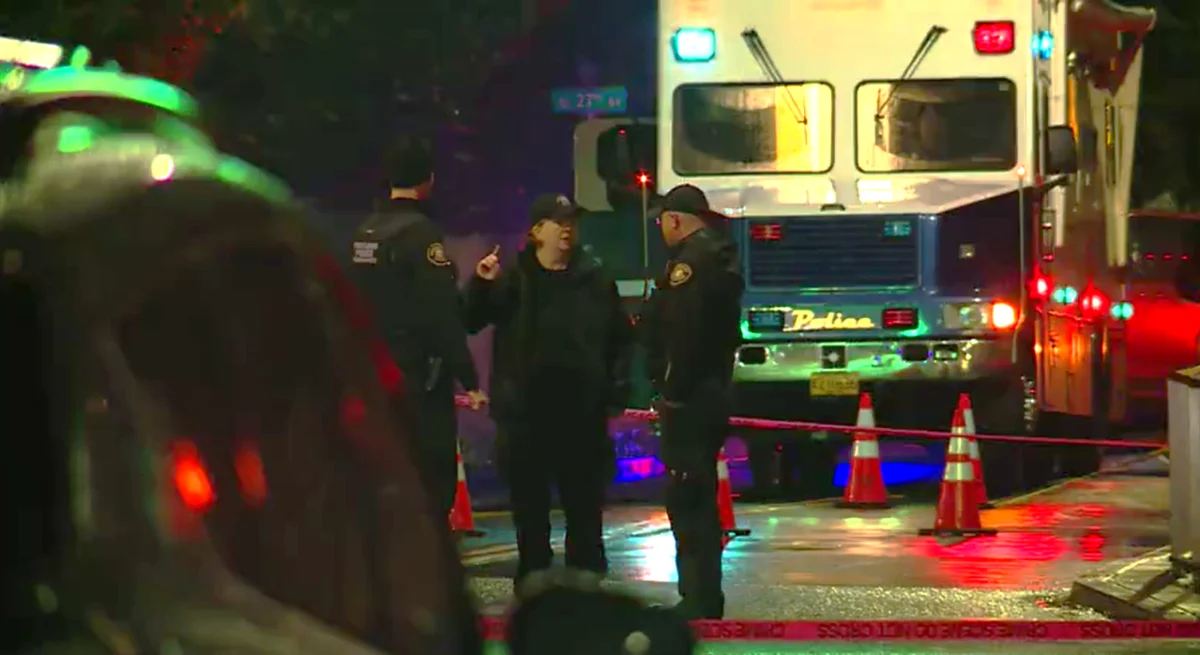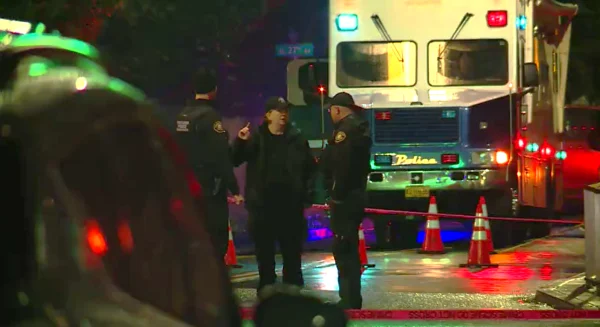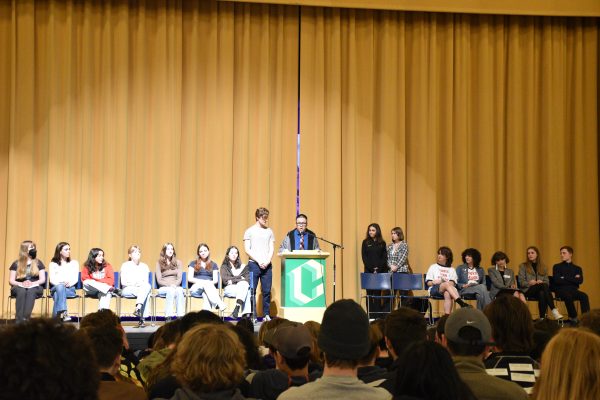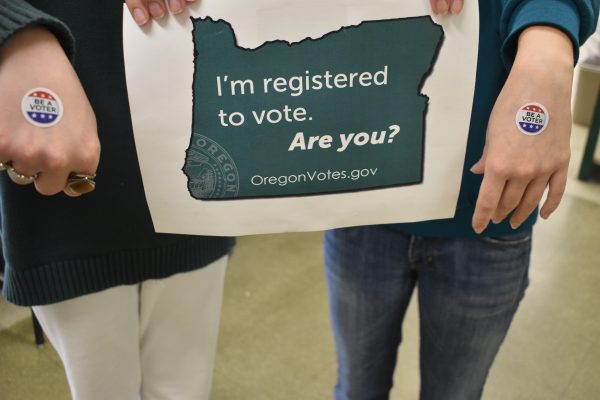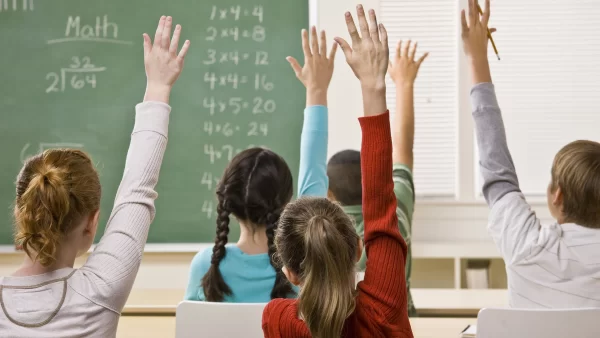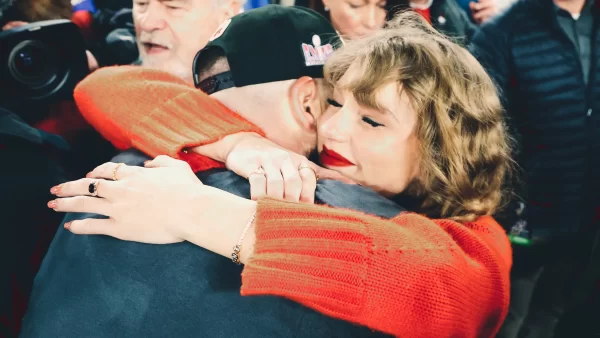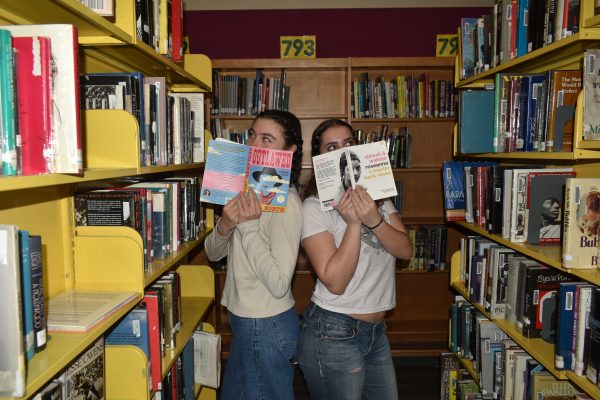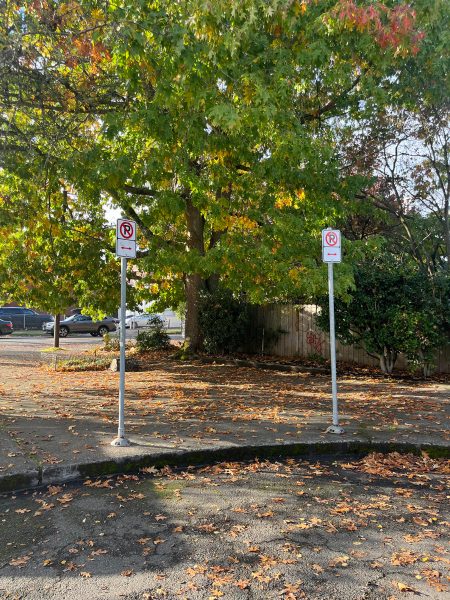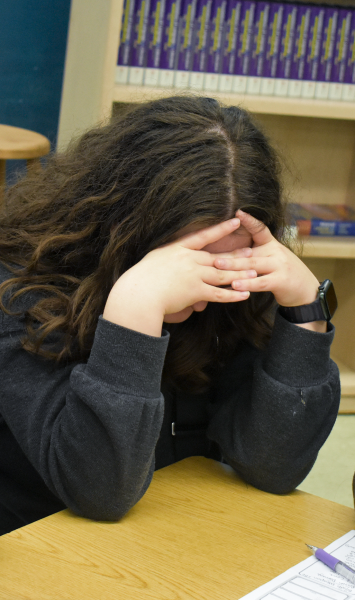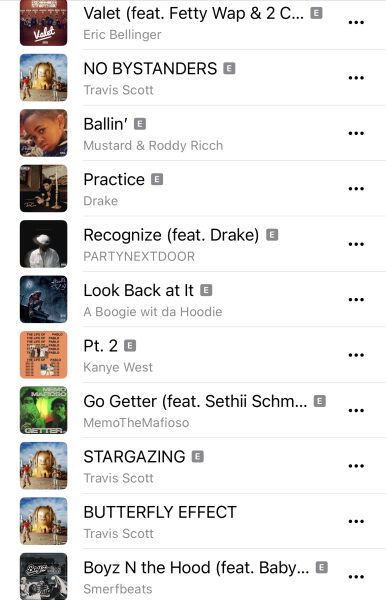Clarion Comment on media perspectives after the Paris attacks
Clarion photo kate
January 22, 2016
Eva Bryner:
On Nov. 13, a series of terrorist attacks throughout Paris killed a total of 130 people and injured 360, with around 85 people placed in critical condition. There were six attacks total, all of them coordinated. All known attackers were citizens in the European Union. ISIL claimed responsibility for the attacks shortly after news broke, and this was met with multiple retaliation strikes from France on the headquarters of ISIL, their training bases, and the nearby city of Raqqa. Raqqa is mostly an urban area, and by launching an airstrike upon them, France has inadvertently bombed a stadium, museum, hospital, and government building.
The news of the attacks has been met with both extreme kindness and terrifying hatred. In France, cab drivers turned off their meters after the attacks, taking people home for free. Citizens of Paris helped strangers off the streets, and those in need of a home or place to stay used the hashtag #porteouverte on twitter, meaning open door, to find a safe place nearby. A young boy in Texas became a viral sensation after donating all of his piggy bank money to a local mosque. The world showed its clear support for France, and the colors of the French flag could be seen on monuments worldwide.
Sadly, these attacks have also been met with abhorrence. Many people responded with blatant acts of islamophobia. Upwards of 15 mosques were vandalized in the 48 hours following the attacks, and the Republican presidential candidates have called for intensified screening of Muslim and/or Syrian refugees entering the U.S. By far, the most ridiculous and terrifying idea came from Donald Trump, who said that he wants to instate a “Muslim identification system,” with frightening parallels to Nazi Germany. Trump also said he was open to the idea of warrantless mosque searches, and wholesale surveillance of Muslim-Americans. We all know this man is certifiably crazy, but he has real supporters that believe what he is saying wholeheartedly and see no fault in defying someone’s constitutional rights (see the first and fourth amendments) solely because of their religion. That is truly terrifying, and speaks to the larger problem of racism in America.
These attacks have weighed heavily on everyone. However, it has brought many questions to mind. The most prominent of these being: Why is there so much coverage on this attack when many other places are experiencing similar attacks, and have been for extended amounts of time? On Nov. 21, shortly after the attacks in Paris, a group of terrorists stormed into a hotel in the city of Bamako, Mali’s capital, and took 170 hostages. There were two suicide bombings in Nigeria that killed 49 people in two days, the first blast killing 39 people in Yola, and the second killing 15 in Kano. These attacks left more than 100 people wounded. The group responsible, Boko Haram, has claimed ties to ISIL, and has killed more than 2,000 people in the last year. There has been minimal to no media coverage on most of these attacks, and finding these statistics took too much digging. When surrounded with this silenced tragedy, we have to ask ourselves why we don’t know what we should, and what we can do about it.
I believe that what has happened in Paris is stronger than heartbreaking. The overwhelming sadness I feel for all the victims is still immense and heavy. Even so, we can not close our eyes to what is happening elsewhere and neglect the many innocent lives lost. There has been a disregard for the tragedies elsewhere, whether that be intentional or not. In moments like this when the whole world stands together, it’s especially important to expand our vision. When the world is able to bring light and hope to such a dire situation, I feel the need to know why this attack and the lives lost have the worldwide attention that Nigeria and Bamako, and so many others are not receiving. I strongly believe that no one deserves to live in fear, and a large part of creating awareness is learning about it through mainstream media. If we can support Paris, we can also support Nigeria, Bamako, Raqqa, and so many other places where the lives lost have gone unnoticed.
Jared Watson:
What happened on Nov. 13 was a tragedy, that’s hard to refute. A greater tragedy however, is that these events can happen up to five times a day, and there is no coverage of the terrorist events whatsoever to offer comfort, support, and supplies to those in need. A certain level of outrage was expressed after so many people gave their attention to France, and in doing so seemed to forget that this wasn’t a special occurrence. There were five other terrorist attacks that day, but if you ask anyone on the streets, chances are they only know of the one in France. Obviously in a perfect world, we would promote every single story the way we promoted France. But we can’t do that, because the world can’t live off tragedies. If we live and breathe everyday in the fear we felt during France’s tragedy, we wouldn’t know the world we live in today.
We already live in a world that capitalizes off every tragedy it can. Nothing sells more papers than fear! In the world of instant news, to put it simply, every time the media can find a story like the one in France, it means a whole lot of money for them. So every opportunity they get, they find all the tragedies they can! Many reporters have the sole job of finding an event that will sell tissues and newspapers, and setting up camp for as long as they can. So why aren’t the news industries reporting all these tragedies and profiting? They simply can’t do it! There isn’t enough media in the world to cover all the accidents and attacks, and even if there were, they would slowly become less and less interesting, as it became more and more normal. Eventually, we would become null to the tragedies, because we would see too many.
Imagine a world in which every hour, the latest tragedy pours into the media. The public would be in a perpetual funk. We would be showed every sad event, every violent riot, 24 hours a day. It would make it hard to live in our own world, focusing so much on others’. It is good to be aware of what is going on around the world, but making sure everything that happens is broadcasted means that we would simply be overwhelmed. There’s a difference between informing and overwhelming.
While it is a tragedy, it also shows that we still care. Why are we blaming people for reacting so strongly to something that happened? People died, and other people decided that they would take time out of their days to take a moment and grieve. Yes, we need to realize these things happen more often, and yes, there is more we can cover. But treating every story like the Paris attack isn’t the answer. The coverage of that story made people come together, and made them care about foreign places. That is exactly what those stories are supposed to do! If we broadcasted them as often as they happened, these stories wouldn’t have the same effect. While we need to know about these tragedies, we don’t need to dwell on them.



